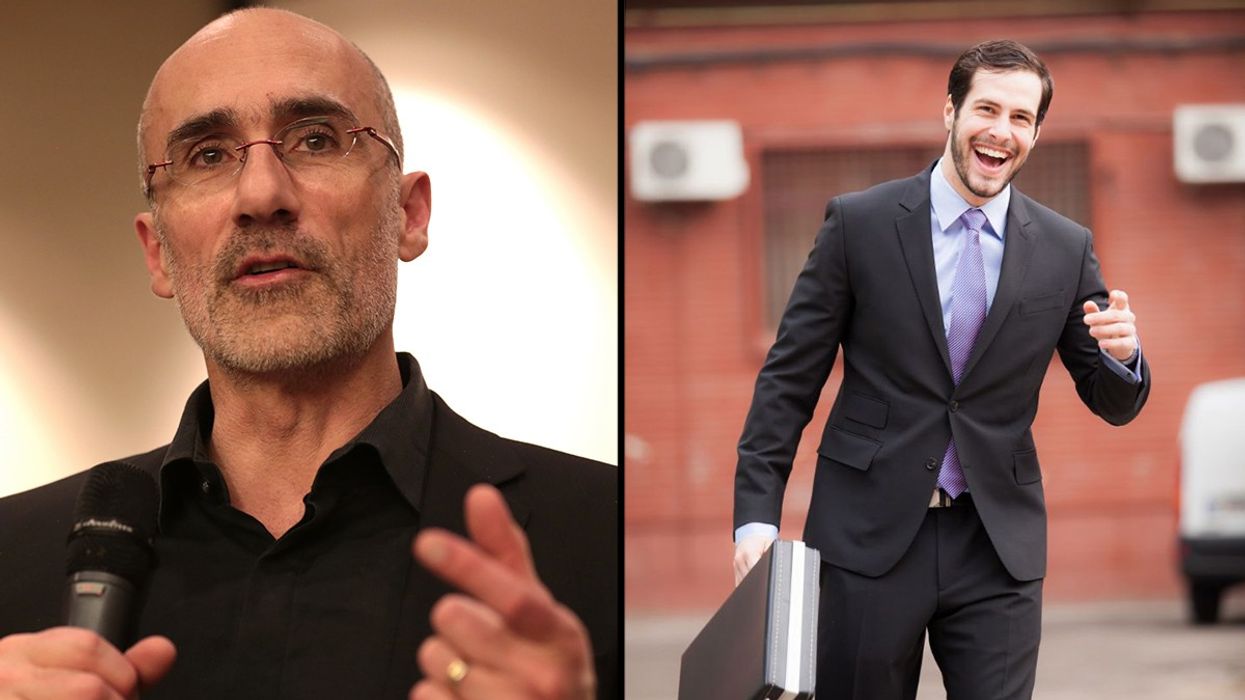In the Financial Times, Ben Friedman mentions an overlooked cost of America's huge financial sector-all the wasted talent:The extent to which employees in the U.S. financial sector are more likely to have college educations than other workers has more than tripled over the last three decades.At the individual level, no one can blame these graduates. But at the level of the aggregate economy, we are wasting one of our most precious resources. While some part of what they do helps to allocate our investment capital more effectively, much of their activity adds no economic value.So one might think that a decline in the fortunes of the financial sector would lead to talented college graduates taking up other, more useful careers. Ezra Klein's not buying it:These Ivy League graduates aren't being tricked into finance. They're gravitating toward money and status-even at the cost of horrible hours, unpleasant jobs and that curious hollow feeling that comes after you trade your dreams of being a helpful person for a nice loft in Midtown. If the financial sector is somehow shut down, or radically shrunk, they'll just go to the next most profitable industry.I think Klein's being too pessimistic. Two points:First, there's some empirical data that suggest many more college graduates are doing some very useful things. Teach for America saw its applications skyrocket in 2009. That's due in part to their big emphasis on constantly improving recruiting but it seems reasonable to think that some of those TFA applicants might have considered finance in a different context.Second, recent college graduates often aren't exactly sure of what they want to do. Many drift into finance because it's easy and lucrative. Once there, they're likely to end up staying there. But if finance gets less alluring and they're nudged in another direction-grad school or TFA or media-their feelings about what they ultimately want to do could change quite a bit in those formative post-college years. The causation goes both ways: People's values affect the jobs they take but the jobs they take also end up affecting their values.Flickr image credit (cc)
Search
Latest Stories
Start your day right!
Get latest updates and insights delivered to your inbox.
We have a small favor to ask of you
Facebook is critical to our success and we could use your help. It will only take a few clicks on your device. But it would mean the world to us.
Here’s the link . Once there, hit the Follow button. Hit the Follow button again and choose Favorites. That’s it!
The Latest
Most Popular
Sign Up for
The Daily GOOD!
Get our free newsletter delivered to your inbox















 Otis knew before they did.
Otis knew before they did.